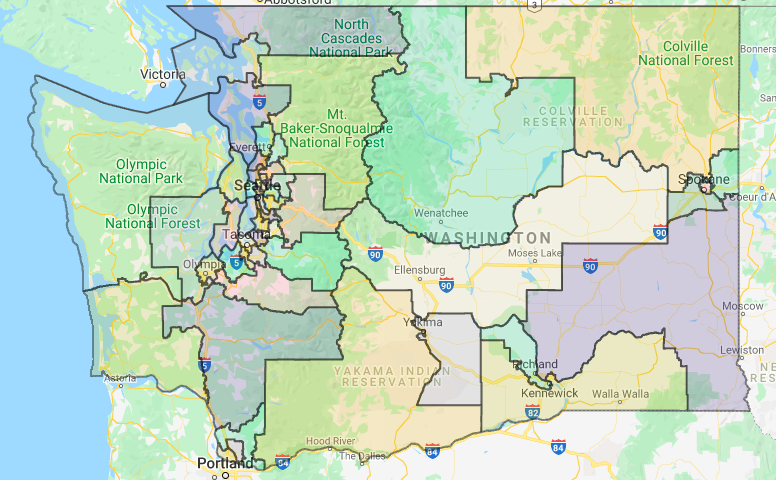Info on Overpayments

What is an overpayment?
If the Employment Security Department pays you benefits and then later determines you were not eligible for benefits, you will have an “overpayment.” An overpayment means you have to pay ESD back for the benefits you received.
What do I do if I receive an overpayment notice?
- First, you want to figure out what caused the overpayment. Check the notices and messages on your online portal carefully or contact ESD’s claim center at 800-318-6022, 8 a.m. to 4 p.m. Monday through Friday.
- Second, if you disagree with the determination that caused the overpayment, you should appeal the decision causing the overpayment within 30 days of the date of the decision. If you are unable to find the determination causing the overpayment, appeal a recent determination instead. Once you file an appeal, you can contact the ESD Benefit Payments Control office at 866-697-4831 and request a hold on all collection activity of the overpayment while the appeal is pending.
- Third, you will receive a hearing date where you will have the chance to argue that the decision leading to the overpayment was incorrect and should be reversed. You will also have the chance to argue that if the decision stands, the overpayment was not your fault.
- Fourth, if you lose your hearing and the decision leading to the overpayment is affirmed on appeal, you can often request a waiver of the overpayment. You will need to establish to ESD that the overpayment was not your fault and that it would cause financial hardship if it is not waived. If ESD refuses to waive the overpayment, you can also appeal this decision.
How do I apply for a waiver?
You can ask ESD to forgive the overpayment if you cannot afford it. Call ESD and ask for an application to waive the overpayment. If the overpayment was not your fault, ESD can excuse you from paying back the money.
You will need to prove that all the information you gave in your initial application for unemployment benefits was true and that without a waiver you will suffer “financial hardship.” ESD does not have to grant you a waiver, so you want to make a compelling case as to your financial situation. ESD will consider your bank account balances, assets, and expenses. It can be helpful to pay off debts, rent, and other expenses before filling out the form so that ESD does not think you have a large balance in your bank account.
Overpayment options after you have tried everything, even waiver
Washington Law provides an opportunity for claimants who owe overpayments to make an offer to pay less than the full amount ESD says you owe as a settlement, otherwise known as an Offer in Compromise. This means that if you cannot afford the whole amount ESD says you owe, but can afford to pay some amount, even an amount significantly less than the total you owe, you are able to make an offer to a qualified person at ESD to pay less. ESD sometimes accepts these settlement offers, but also has the ability to reject them.
In order to determine whether or not to accept your offer ESD looks to the factors of “equity and good conscience,” as defined in WAC 192-100-015. Basically, this means that ESD looks to see if overall it would be fair in your circumstances to make you repay the full amount they say you owe.
To make an offer in compromise or negotiated settlement offer you need to:
- Call the ESD collections department at 1-866-697-4831.
- Request paperwork on an Offer in Compromise.
- Make the offer to an authorized person in the department’s unemployment benefits collection unit. WAC 192-230-130.
- Specify the amount you are offering to repay. Be prepared for ESD to request a credit report, if needed, and be prepared with financial and other information to support your offer, if requested. WAC 192-230-130.
- Understand that if your offer is rejected, you are not able to appeal the rejection. However, you are able to make another offer if your circumstances change. WAC 192-230-110.
If you have an allegation of fraud, misrepresentation, or willful nondisclosure which created an overpayment you will not be eligible for an offer in compromise unless you are experiencing unusual circumstances such as becoming disabled and completely unable to work since accruing the overpayment. You are not eligible for an offer in compromise or negotiated settlement if the overpayment was issued by a state other than Washington, or if the overpayment is for benefits paid under Section 401 of the Robert T. Stafford Disaster Relief and Emergency Assistance Act.



